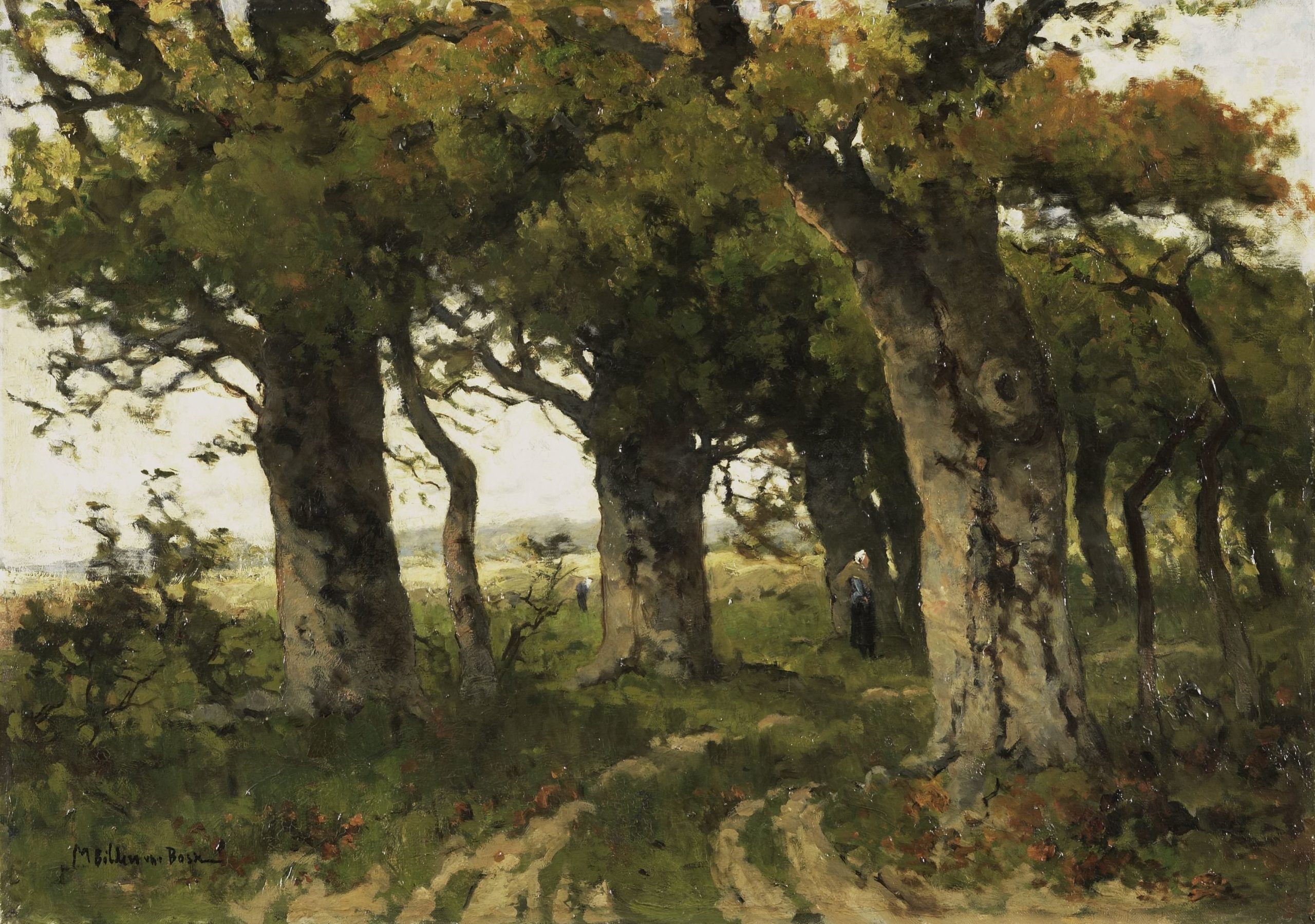Politics
Exploring the Feral: Human Disconnection from Nature

The complex relationship between humans and nature continues to evolve, particularly as urban environments encroach upon wild spaces. In her reflective essay, Christiana Spens examines this disconnection, emphasizing the importance of acknowledging our feral instincts. Through a blend of philosophy, historical context, and contemporary land access debates, she argues for a deeper understanding of our place within the natural world.
Spens begins by illustrating the chaotic beauty of late summer in urban settings, where the remnants of nature clash with human activity. She describes the sight of dead foxes along busy roads and the struggle for survival that these wild creatures embody. Drawing on the philosophy of Friedrich Nietzsche, she highlights the idea that humans, like foxes, possess inherent feral qualities. Nietzsche’s assertion that our “noblest capacities” are intertwined with the wild aspects of nature prompts reflection on whether society should embrace or repress these instincts.
In her exploration, Spens references two significant works that address the land access movement, particularly in the UK. The book Common People: A Folk History of Land Rights, Enclosure and Resistance, co-authored by Leah Woods and others, provides a historical overview of land access issues. The authors recount the forced evictions of approximately 70,000 people from the Scottish Highlands during the 19th century, emphasizing the long-lasting impacts of such displacement. This historical context serves to underscore a present-day struggle: the reclamation of access to natural spaces.
Spens highlights that as many were driven from the land in Scotland, a parallel trend occurred in England, where workers gradually lost access to common land. Between 1604 and the outbreak of the First World War in 1914, over 5,200 enclosure bills restricted the rights of the working class to hunt and farm, effectively transforming them into city dwellers. This loss of connection to the land has profound implications, leading to a spiritual and existential disconnection for many.
The essay further delves into the ramifications of this disconnection, exploring the grassroots political movement known as Right to Roam. This movement advocates for greater access to countryside areas, emphasizing the need for a balance between human enjoyment of nature and the protection of the environment. Spens argues that while the desire to commune with nature is widespread, it is essential to consider the responsibilities that come with such access.
Spens also references Patrick Galbraith’s book Uncommon Ground: Rethinking Our Relationship with the Countryside. Galbraith presents a nuanced view of land access, cautioning against the romanticization of nature that often accompanies the land access debate. He points out the potential harm that increased human activity can inflict on the natural environment, highlighting the need for responsible engagement with the land.
In Scotland, where land access has been more liberally granted since the Land Reform Act, some communities have faced challenges related to increased tourism. Galbraith describes instances of conflict between local residents and visitors, as well as the negative impact of tourism on wildlife and ecosystems. He emphasizes that true stewardship of the land requires collaboration with those who live and work there year-round.
The complexities of land access extend beyond individual desires for leisure. Spens argues that the natural world should not merely be seen as a resource for human enjoyment, but rather as a living entity deserving of respect and protection. She poses the critical question: “What do we owe the land?” This shift in perspective encourages a more profound commitment to conservation and sustainability.
As Spens concludes her essay, she reflects on the paradox of human existence in relation to nature. The feral aspects of our being, rather than being viewed as a hindrance, may offer essential insights into how we can coexist harmoniously with the environment. By embracing our wild instincts and recognizing the inherent value of the natural world, individuals can cultivate a meaningful relationship with the land.
In light of Spens’ insights, the ongoing discourse surrounding land access and environmental stewardship remains vital. As society grapples with the consequences of urbanization and disconnection from nature, it is imperative to foster a deeper understanding of our responsibilities toward the land and its ecosystems. The journey to reconciliation with nature, as Spens articulates, is not just about access but about nurturing a lasting bond with the wild elements of our world.
-

 Entertainment1 month ago
Entertainment1 month agoAnn Ming Reflects on ITV’s ‘I Fought the Law’ Drama
-

 Entertainment2 months ago
Entertainment2 months agoKate Garraway Sells £2 Million Home Amid Financial Struggles
-

 Health1 month ago
Health1 month agoKatie Price Faces New Health Concerns After Cancer Symptoms Resurface
-

 Entertainment1 month ago
Entertainment1 month agoCoronation Street’s Carl Webster Faces Trouble with New Affairs
-

 Entertainment1 month ago
Entertainment1 month agoWhere is Tinder Swindler Simon Leviev? Latest Updates Revealed
-

 Entertainment2 months ago
Entertainment2 months agoKim Cattrall Posts Cryptic Message After HBO’s Sequel Cancellation
-

 Entertainment2 months ago
Entertainment2 months agoMasterChef Faces Turmoil as Tom Kerridge Withdraws from Hosting Role
-

 Entertainment3 months ago
Entertainment3 months agoSpeculation Surrounds Home and Away as Cast Departures Mount
-

 World1 month ago
World1 month agoCole Palmer’s Mysterious Message to Kobbie Mainoo Sparks Speculation
-

 Entertainment1 month ago
Entertainment1 month agoITV’s I Fought the Law: Unraveling the True Story Behind the Drama
-

 Entertainment4 weeks ago
Entertainment4 weeks agoCaz Crowned Winner of The Great British Sewing Bee, Overjoyed by Triumph
-

 Entertainment2 months ago
Entertainment2 months agoAldi Launches Cozy Autumn Fragrance Range Ahead of Halloween









